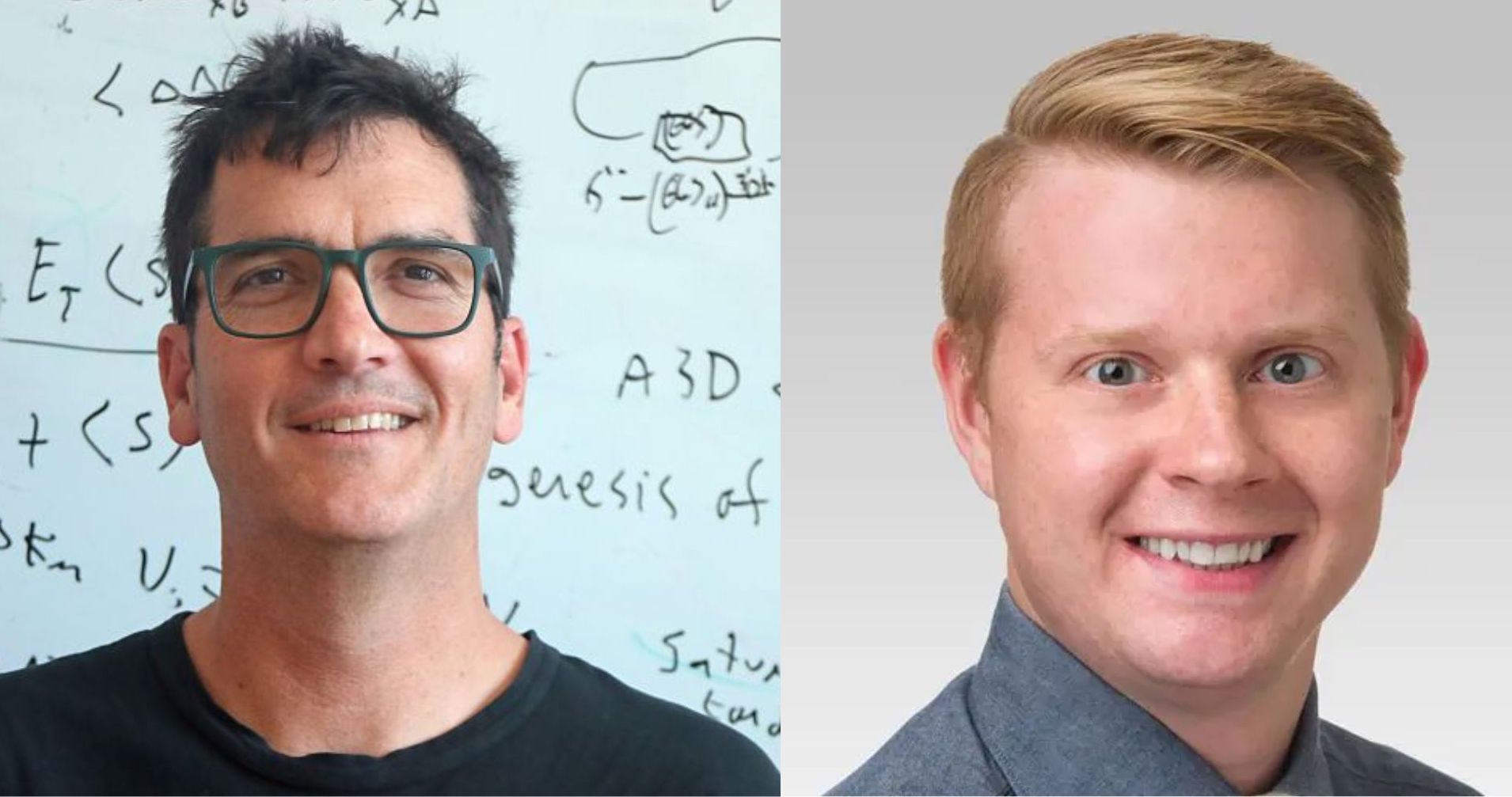
To address long-standing questions in HIV research, the Third Coast Center for AIDS Research (CFAR) is seeking to build closer ties and collaborations between scientists associated with the CFAR and other NIH-funded centers. The HIV Accessory and Regulatory Complexes (HARC) Center is one of six specialized centers funded by the NIH AIDS-Related Structural Biology Program for the discovery, description, and structural determination of HIV-host complexes. The HARC Center specifically focuses on HIV accessory and regulatory proteins that regulate viral replication and the host response, including Tat, Rev, Vif, Vpr, Vpu, and Nef. In this seminar, attendees will hear about new research breakthroughs from two HARC Center PIs: John Gross, PhD, UCSF, on HIV-1 Vif and Judd Hultquist, PhD, Northwestern, on HIV-1 Tat. Third Coast CFAR members interested in pursuing new research with investigators from the HARC Center or other Structural Biology Program grantees are encouraged to leverage local funding opportunities available through the Developmental Core.
“Structural Insights into the Molecular Arms Race between HIV-1 Vif and Human APOBEC3G”
Gross is a professor of Pharmaceutical Chemistry at UCSF School of Pharmacy. His laboratory investigates molecular machines that coordinate gene expression or antiviral immunity. Research areas include: i- RNA decay enzymes that act in mRNA quality control and gene regulatory pathways, and ii- nucleic acid based immune systems that protect animals from viruses and neutralization of these systems by viral accessory proteins. His team uses tools from molecular biophysics to understand the structure and regulatory conformational dynamics in these systems with the ultimate goal of defining molecular mechanisms and avenues for structure-based drug design.
“Harnessing Tat-dependent Transcriptional Rewiring to Modulate HIV Latency Reactivation”
Hultquist is an assistant professor of Medicine in the Division of Infectious Diseases at Northwestern University Feinberg School of Medicine. His laboratory specializes in the development and adaptation of high-throughput, quantitative, systems-based approaches for use in primary models of disease to better understand the host-pathogen relationship. Leveraging diverse expertise in primary cell models, proteomic profiling, and functional genomics, his team works at the intersection of systems biology and infectious disease, defining host-pathogen interactions and their consequences for replication and pathogenesis. Through these efforts, he ultimately hopes to strengthen the bridge from big data to targeted discovery to clinical application for the development of personalized, host-driven therapies and the advancement of human health.
Subscribe to our calendar and stay updated on the latest events.
Share event to your friends by email.